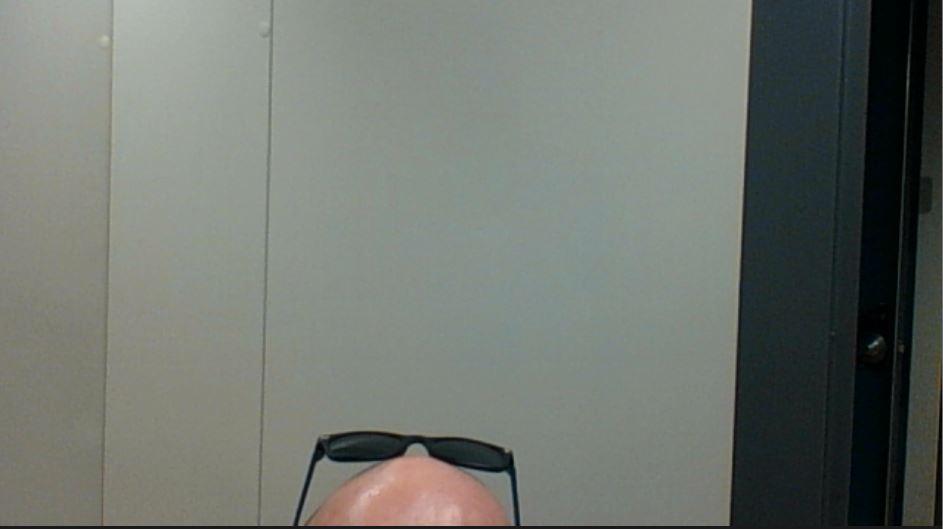By Brian Ly | Staff Writer

As the first Speech and Debate tournament of the new school year approached, there was something different about it. The classrooms were completely empty, devoid of student chatter that filled the hallways. This tournament was held completely online with students participating in their homes, nowhere near their fellow competitors.
Speech and Debate incorporates skills such as acting, public speaking, and debating into a competitive elective where students practice and compete against their peers. While tournaments are usually held in-person, they have been held online due to COVID-19 complications.
Competitors perform live in virtual video conference rooms, but some events, such as Duos where students compete with a fellow peer, must be pre-recorded due to public health mandates. This brought up two of the most challenging issues that plagued organizers of such events, technology and space.
“It’s really difficult to keep the wifi connections and virtual rooms working for an entire round of competition,” said Speech and Debate teacher, Derek Yuill, “With seven competitors and a judge, there is always someone who is having some sort of technology issue. But everyone is trying very hard and doing their best.”
Nonetheless, the transition from in-person to virtual for Speech and Debate had been smooth. Near the beginning of the year, March to June, the National Speech and Debate Association (NSDA) had moved some of the largest academic competitions in the world to an online format. In fact, Gabrielino students have participated in online tournaments where there were over 3000 students competing.
It undeniably opened up great opportunities for students and coaches alike. Tournaments that were accompanied with financial issues to book hotel rooms, vans, and plane tickets had become less of an issue due to being hosted virtually.
However, while some students have adapted and shown great fortitude to these changes and possible benefits, some still struggle to learn in the online format. Freshman Aidan Wong talked about some of his own struggles.
“This is the first year I’ve done it. Not being able to see friends and leaders or working in in-person classes is something I struggle with online, it’s just not the same feeling,” Wong remarked, “Getting used to this online schedule in general has been tough.”
To make up for this difficulty, coaching staff and event leaders have made sure to be communicating regularly to ensure everybody is on the same page for events and practices. Student leaders often use apps such as Discord or Messenger outside of classes to make sure students have been on top of their work.
However, it is not only the novices that have struggled with the new format. In fact, even seniors have conveyed some form of difficulty when it came to performing online. Bianca Lua, a senior Speech and Debate captain and member since her freshman year expressed the impact online learning had left on her.
“At the beginning of online speech, it was difficult to self-motivate without my peers to inspire me and the speech room to give me a great place to work,” Lua explained, “When facing these obstacles, I ultimately had to make the decision that if this is something I claim to be passionate about, I need to adapt and stop mourning over what could have been. I love speech so I just pushed myself to commit and work hard.”
The Southern California Debate League and coaches have had numerous meetings to figure out the best path for their students moving forward, and while they are not perfect alternatives, it has offered an experience for students to enjoy to the fullest extent.

